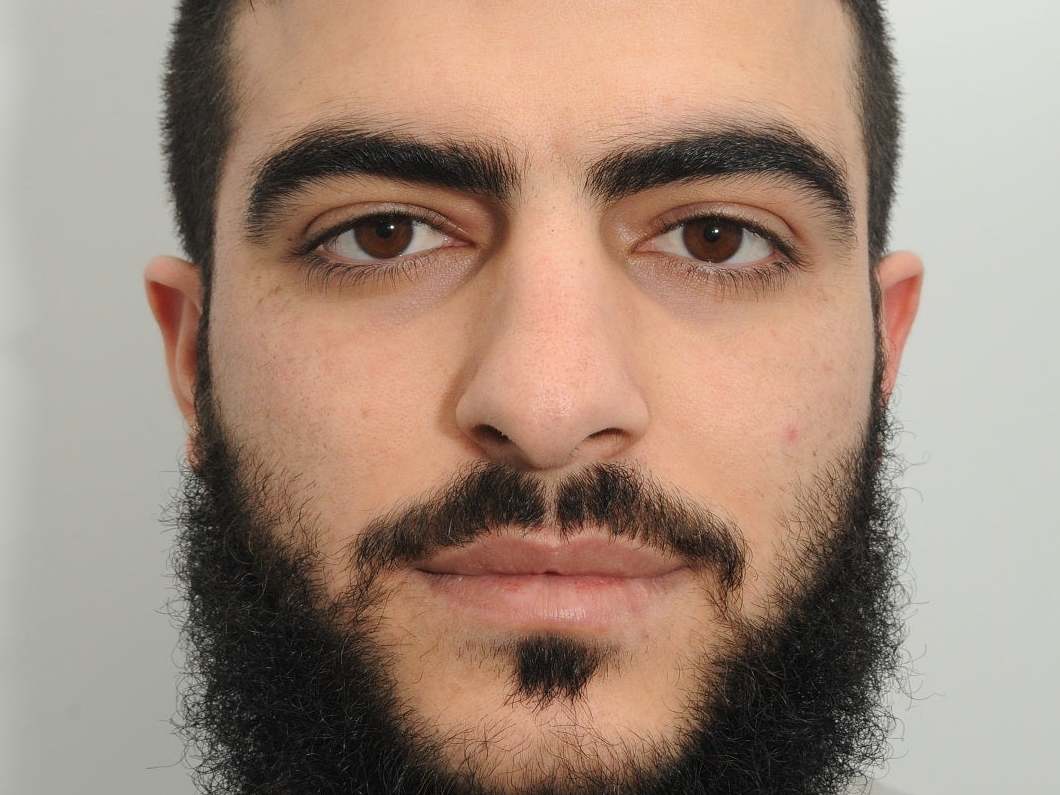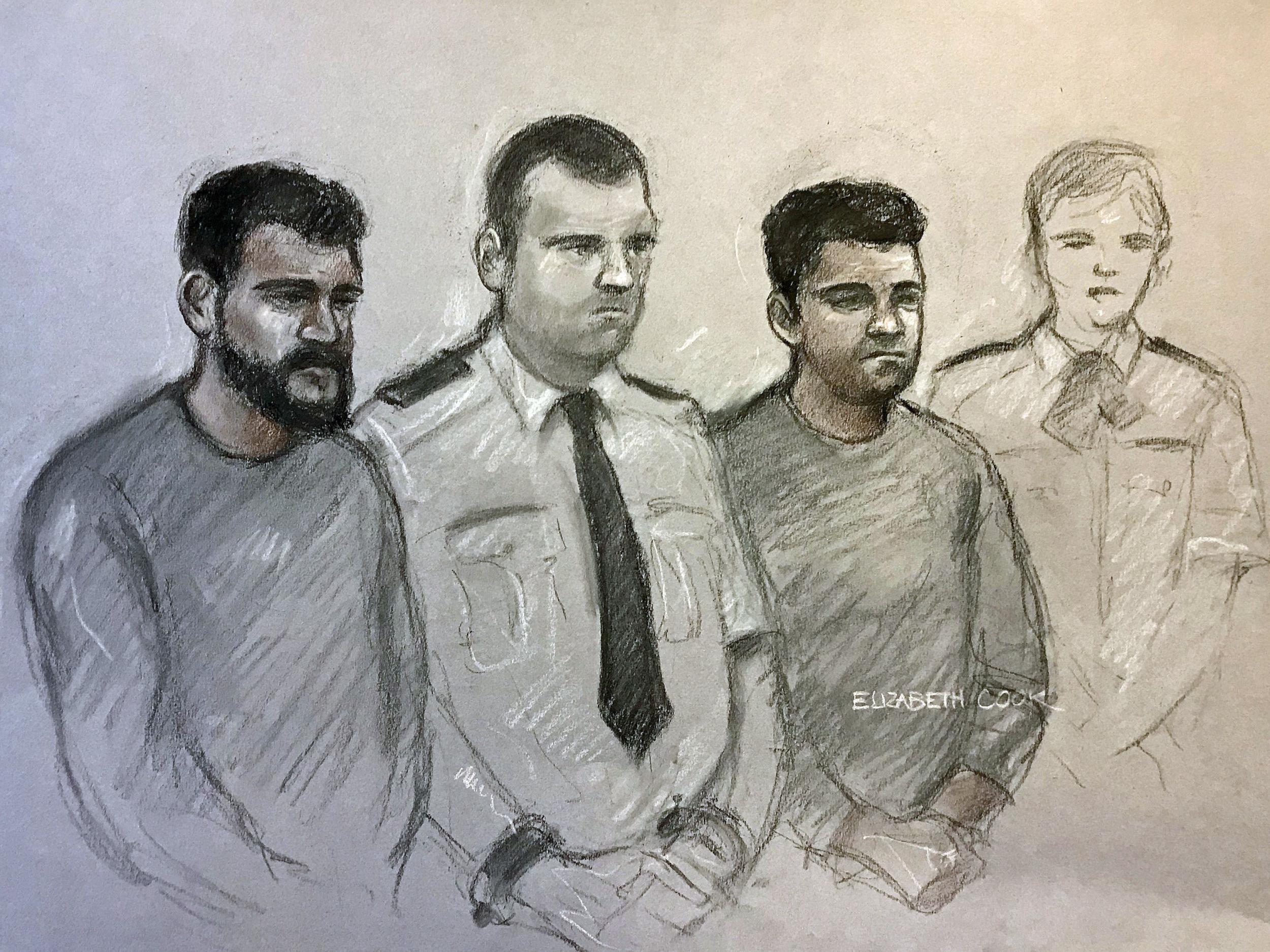Man who plotted terrorist attack using explosive driverless car jailed for 15 years
Farhad Salah called plot 'martyrdom operation with cars without driver', court hears

A man who plotted to carry out a terrorist attack with remotely-controlled vehicle has been jailed for 15 years.
Farhad Salah planned to use an explosive device, which would spare his own life, while harming "others he considered to be infidels", prosecutors said.
The 24-year-old had been in the early stages of testing small improvised explosive devices when he was arrested, jurors heard during the five-week retrial at Sheffield Crown Court.
Salah, described as an Isis supporter called his plot a "martyrdom operation with cars without driver" in messages sent before his arrest.
He had intended to make an explosive to be placed in remote-controlled vehicle "so that no-one had to martyr themselves in the process", prosecutor Anne Whyte QC, told the court.
"Improvised explosive devices could be made and used in a way here in the UK that spared his own life preferably but harmed others he considered to be infidels," she said.
She added that a week before Salah was detained, he messaged a Facebook contact to say: "My only attempt is to find a way to carry out martyrdom operation with cars without driver, everything is perfect only the programme is left".
Ms Whyte said Salah, an Iraqi Kurd, was getting “increasingly desperate” to do something for the Isis at the time he plotted the attack.
He had been unable to travel to the Middle East due to his unsettled status and his asylum application was still being determined at the time of his arrest in December 2017, she said.
Earlier this month, jurors found Salah guilty of preparing to commit acts of terrorism. It was the second time that the defendant had stood trial, after a verdict could not be reached on the first occasion last year.
Sentencing him to 15-years imprisonment with an extended three-year period on licence, Judge Paul Watson QC said Salah posed a "significant risk of serious harm to the public" and his plan to use explosives meant there was a risk of multiple deaths.
He said Salah was in communication with other extremists and had viewed "utterly depraved and sickening imagery" on social media.
"Your attitude to extreme violence and loss of life, sometimes in unimaginably horrifying circumstances, indicates clearly to me that you, had you carried your preparations through to conclusion, would have had no hesitation in causing loss of life or the infliction of terrible suffering," he said.

Such extremist actions were not a legitimate interpretation of Islam, he said.
He added: "Islam is a religion of peace and inclusivity, so very far from the corrupt and perverted ideology around which you were operating.
Judge Watson also warned Salah, who sought asylum in the UK after fleeing conflict and oppression in Kurdistan in 2014, that may be deported at the end of his sentence.
Co-defendant Andy Star, a 32-year-old chip shop owner from Chesterfield, was cleared of the same offence after jurors could not reach a verdict.
Speaking after the sentencing, Detective Chief Superintendent Martin Snowden, head of Counter Terrorism Policing North East, said Salah's aim of using a driverless car had been "aspirational".
He said that "Salah clearly had an extremist mindset and communication from him indicates that he saw his situation as critical. He claimed he was a terrorist, who would be judged by God."
He added: "While our investigation did not establish the target of a potential attack, Salah posed a very real risk to the safety of our communities."
Additional reporting by Press Association
Subscribe to Independent Premium to bookmark this article
Want to bookmark your favourite articles and stories to read or reference later? Start your Independent Premium subscription today.
